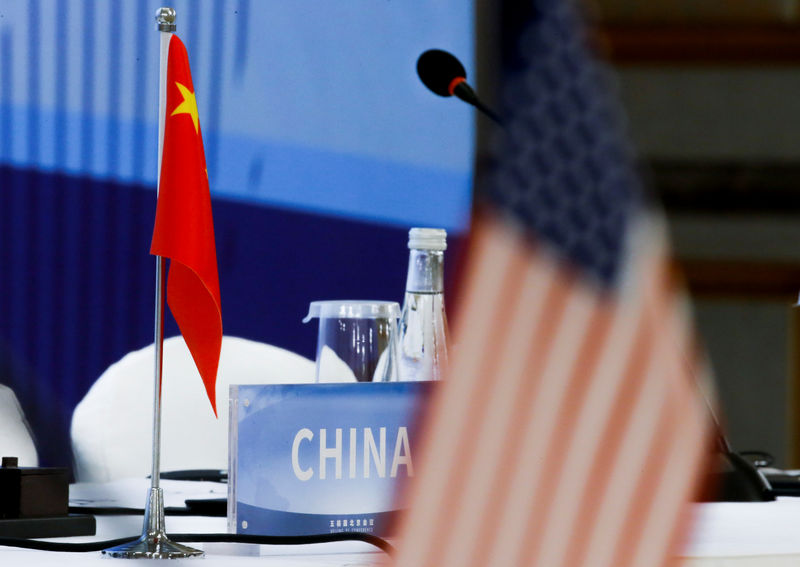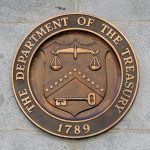Investing.com – Emerging markets have been unloved for some time, but there could be some upside with the US election and declining US economic growth potential drivers, according to UBS.
A 3-year regime of US exceptionalism, with 8.3% average nominal GDP growth compared with 5.6% in China, is set to end, UBS forecasts, as nominal growth slips below 4% next year.
This presents a lower bar for EM, the bank adds. While EM growth is also poised to decelerate, EM ex China growth differentials over the US rise to the ~90th percentile of their post-global financial crisis distribution.
“Every little helps for an under-positioned asset class: net portfolio flows into EM are seeing their longest dry spell in 20 years,” analysts at UBS said, in a note dated Oct. 15.
Turning to the upcoming US presidential election, aside from the unlikely Blue Sweep scenario, UBS’s baseline of a divided government next month with no additional tariffs is the most bullish EM scenario for 2025.
Reduced tariff fear, a weak US fiscal outlook and waning growth despite that lay ground for potential flow rotation into EM, the Swiss bank said, projecting MSCI EM at 1255 by the end of 2025, making for ~10% total returns.
All good so far, the bank added, but it also sees there are four impediments to strong EM returns: weak(er) global trade – China’s housing construction doesn’t bottom before 2026 while US imports and Asia’s tech upswing slow; negligible EM risk premia; declines in US corporate bond yields levelling off, even with the Fed cutting to 3.25%; and risks of higher China tariffs.



